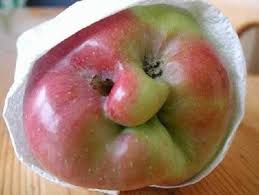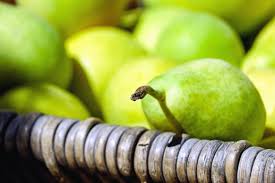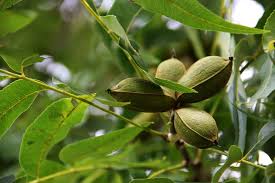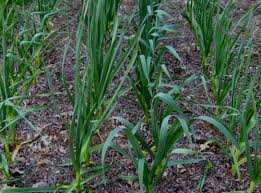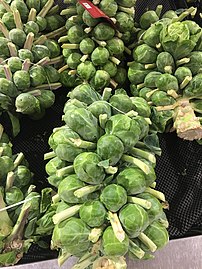We are used to the way we see our fruits and vegetables, whether organic or not.
We are used to seeing them in a certain color (has anyone ever seen a red banana?) and a certain size, and it helps us determine what it is we are holding in our hand (and if in doubt, we can always try and smell). The main difference between a plum, an apricot and a peach is their size, since we are used to plums being smaller than nectarines, sometimes even smaller than apricots, and smoother. As for potatoes, we're used to them being relatively clean.
Organic fruits and vegetables are more versatile than those who live in the supermarket (since the produce on the supermarket's shelves is sorted, among other things, according to its appearance, which must match the customers’ preferences and expectation. Therefore, any fruit or vegetable of the wrong size, unexpected shape or even with some small defect that has no affect on the taste or quality – Usually will not be displayed in the supermarket. From this we can deduce regarding our exposure to all sorts of other things that may not be exactly according to what everyone is accustomed to seeing, but that is another topic).
When are these assumptions most prominent? When you come to a country where things look different: My friend was on a trip to Kyrgyzstan and said she thought the pedlar offered her an apricot, when in fact it was a peach – Just very small, and the potatoes were buried in such impressive mounds of soil that she felt she was in a game digging to find a prize… Apparently, it is not customary to remove the dirt from the potatoes and place them on display all clean and representative. Even when we, the organic farmers, remove the potatoes from the ground manually (ie with a pitchfork) and not with the help of a machine, some dirt remains and I do not clean them thoroughly so as not to damage their delicate skin…
The reason I remembered specifically this story about potatoes is that they are one of the first fruits of the spring / summer, a sign that the holiday of Shavuot is here (just passed). There are other signs in addition to potatoes, for example, summer fruits that come intermittently. The grower brings them in small doses, enough for a few days, they're gone for a few days and then reappear again. Like a switch: on, off, on, off.
Some of them have a short season anyway like the mulberry, the apricot, the cherry and the loquat. Another sign of Shavuot are the nets and trellises. The gourds begin to stretch their small curly tendrils and toward the sun, and we help them, like good parents, to grow higher providing them only the support they need. The gourds and pumpkins are Olympic climbers, just waiting for the net to be placed to graciously climb it. The melons are not known as the best of climbers, and other crops, such as cherry tomatoes, require a bit more help in the form of pruning and tying to a support fence, since unlike the pumpkins, they do not have arms that can "grab".
Between sowing and tying or stretching a net, we patiently race against the weeds. The ideal temperatures (although it's hot outside, it's not too hot, and the plants, all the plants, whether they were planted in the garden or are uninvited guests taking advantage of the good conditions, are very satisfied), the irrigation and good soil allow not only our deliberately planted crops to thrive but also their less valued (culinary speaking, at least) relatives, the weeds. We are patiently and meticulously weed, and understand that each has its role and place in the garden. The weeds aerate the soil and also make us pay attention and appreciate the food we grow (and also contribute to the compost pile).
Our Shavuot holiday is of course also the Harvest Holiday – that offers us, in the middle of this race (as well as other races), to stop for a moment, to look at what we have grown and worked and labored and tied and protected and nurtured – and here is our produce! To take a good look at it, rejoice, before running along to sow and aerate and irrigate and nurture… To look and see this marvel, repeating itself every year, and yet – the degree of wonderment is not reduced, but only intensifies.
In the past, in the days of the Bible, this ceremony held great honor. Convoys of pilgrims arriving in Jerusalem, their produce on their shoulders and a golden horned bull leading the procession. Today, too, the ceremonies celebrate the miracle – in kibbutzim, it was customary to proudly present not only the first fruits of the field, but also the babies who were born, proudly displayed alongside the haystacks and the tractor. It find it very exciting…
To health!
Yours,
Maggie's Garden team
Forecast:
Organic vegetable baskets (draft only):
Cucumbers
Tomatoes
Lettuce
Potatoes
Pumpkin
Cabbage
Beets
Parsley
Leek
The large organic vegetable baskets also include:
Carrot
Cilantro
Fennel
Organic fruit baskets:
Half a watermelon
Sweetie
Bananas
The great organic fruit baskets also include:
Melon
Grapefruit

